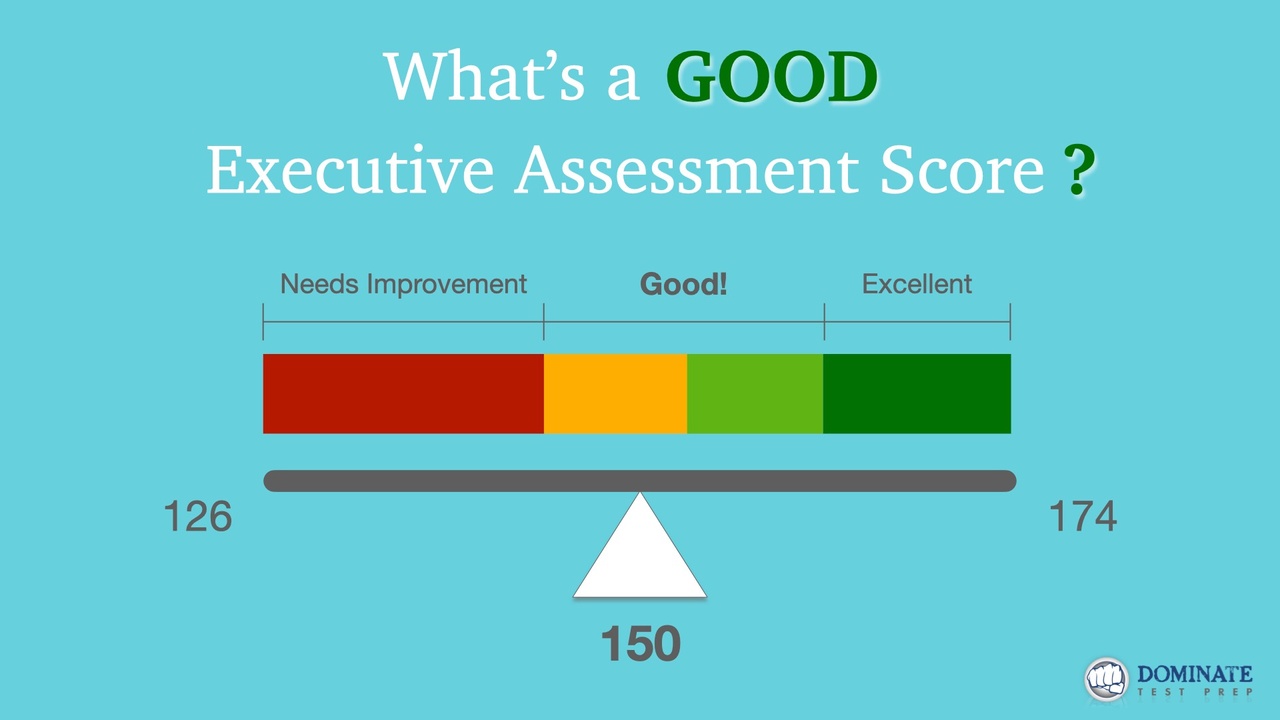The Dominate Test Prep Blog
Take the guesswork out of preparing for your standardized test and applying to school.
How you practice for your standardized test matters.
But for a lot of students, the best way to practice isn't always obvious.
Indeed, it begs the question: Is there an objectively "best" way to pr...
When students reach out to Dominate Test Prep, the two things we hear most often — and it's not even close — are:
- "I'm really rusty at math and was never very good at it to begin with. Is there hop ...
My father once told me that if you don't know where you're going, it's kinda hard to get there.
How true.
When it comes to getting in to business school, "getting there" means understanding the appl...
Effective time management is a crucial component of success on the Executive Assessment (EA). Given unlimited time, a lot of students can solve even the most challenging EA math and verbal questions. ...
The GMAT has long been the standardized test used by business schools to screen applicants for admission. Recently, however, a new entrance exam has come onto the scene: the Executive Assessment (EA)....
The Executive Assessment is a standardized test required for admission at a growing number of business schools worldwide. For candidates looking to pursue an Executive MBA or other post-graduate busin...
We spend a lot of time in our courses and coaching sessions teaching students what to do (content review, test-taking strategies, how-to's and methodologies, etc.).
But what about what not to do?
Wh...
We’ve been getting a lot of questions about the Executive Assessment (EA) recently, so we wanted to address them head-on.
If you're not familiar with the Executive Assessment, it's an entrance exam t...
You've invested time, effort, and money preparing for and taking your standardized test, and unfortunately the first attempt didn't quite go as planned. So, what now? Should you retake it? Or just app...
EXCLUSIVE TEST PREP STRATEGIES AND TIPS
Want Regular Support as You Prep for Your Test?
Enter your name and email below and we'll send you our best tips and strategies for getting the score you need to get into the school you want.
You're safe with us. We'll never spam you or sell your contact info.









